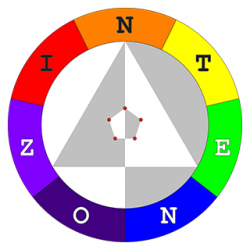3Cs for Coding – Consistency, Context, Continuity
About 5 years ago, I wrote a post titled “10% Development, 90% Maintenance“. That was my view on software development and still is today. Was frustrated by some code review recently and was thinking of how to communicate my penchant for maintainable code simply to both developers and non-developers. Came up with 3Cs for coding …
Continue reading “3Cs for Coding – Consistency, Context, Continuity”

